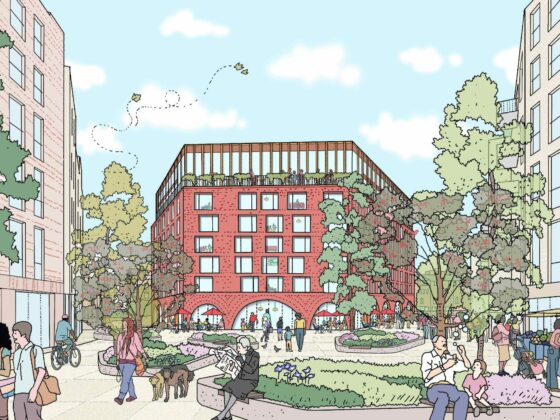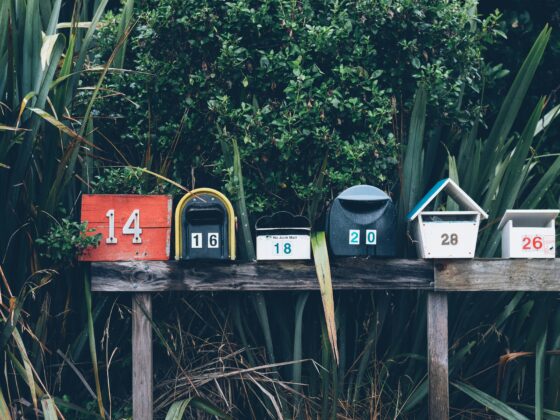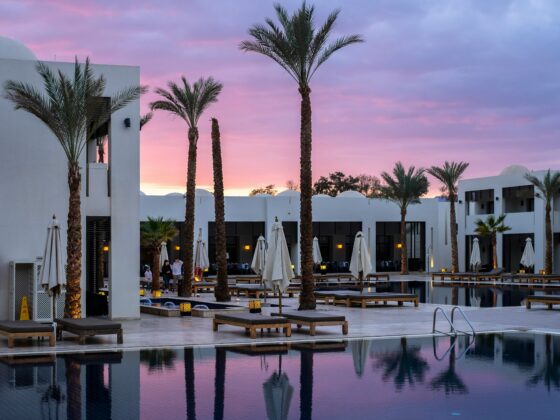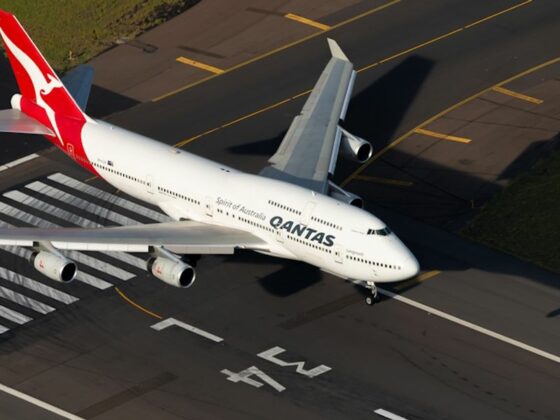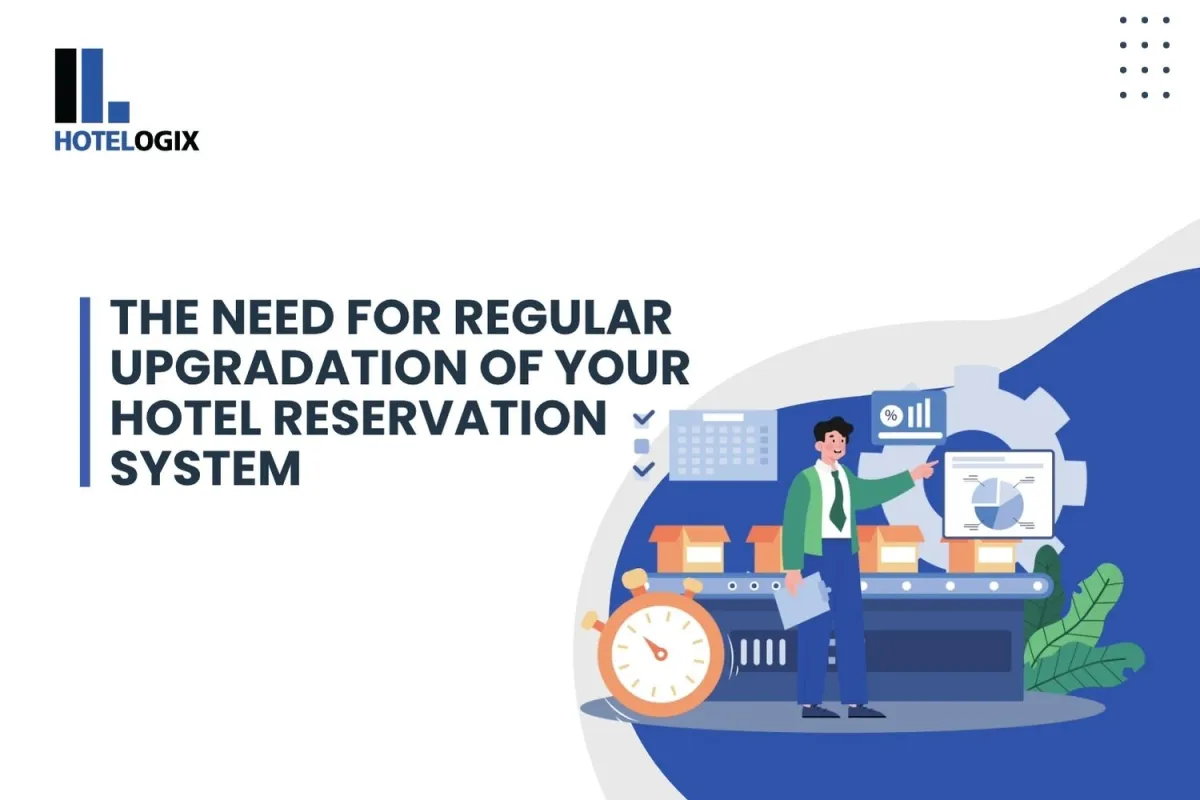
In today’s hospitality landscape, delivering seamless guest experiences hinges on technology. For any hotel — whether an urban business hotel or a heritage retreat — the Hotel Reservation System (HRS) is the foundation of operational efficiency, guest service, and revenue management.
Yet, many hoteliers continue to operate with outdated systems that fail to keep up with changing guest expectations and modern business needs. If your reservation system hasn’t evolved in recent years, chances are it’s silently costing you bookings, reputation, and revenue.
This blog explores why keeping your HRS up to date in 2025 is no longer a tech upgrade — it’s a business essential.
Why Hotel Reservation System Upgrades Matter in 2025
Hospitality technology is no longer just about convenience — it’s about competitiveness. In 2025, with mobile-first bookings, AI-powered personalization, and contactless check-ins becoming the norm, the role of your HRS has expanded far beyond managing reservations.
The hospitality market has grown to an impressive $4.9 trillion in 2025, with the industry contributing a record $11.1 trillion to global GDP. This remarkable growth is driving rapid technology adoption across the sector.
Here’s how an outdated system holds your property back:
- Lost direct bookings: Poor UX on your web booking engine turns guests toward OTAs or competitors
- Overbookings and errors: Lack of real-time OTA management with distribution channels leads to costly mistakes
- Operational delays: Manual processes slow down the front desk and frustrate your team
- Missed automation: Without smart tools, you miss opportunities for upselling, dynamic pricing, or personalized engagement
If your HRS can’t keep pace with your guests’ expectations, you’re working harder than you should — and earning less than you could.
Top 10 Signs Your Hotel Reservation System Needs an Upgrade
Outdated systems often become obstacles in daily operations. If you relate to any of the following, it’s time for a change:
|
Sign |
Impact on Your Hotel |
|
System crashes or slowdowns |
Disrupts bookings and delays check-ins |
|
No mobile access |
Managers and staff are tied to fixed terminals |
|
Manual OTA updates |
Higher risk of overbookings and inconsistent rates |
|
Limited reporting tools |
Hinders visibility into business performance |
|
Limits personalization and loyalty marketing |
|
|
Rigid room/rate structures |
Restricts promotional flexibility |
|
Clunky user interface |
Increases staff training time and errors |
|
Lack of system integrations |
Creates silos between departments |
|
No backup or cloud support |
High risk of data loss or outages |
|
Absence of automation |
Leads to inefficient, error-prone workflows |
Key Features Modern HRS Platforms Must Offer in 2025
A 2025-ready Hotel Reservation System should go far beyond basic booking. It must streamline every operational touchpoint, enhance guest service, and drive revenue. Here are the features to prioritize:
- Real-time OTA sync and channel manager support Ensures instant updates across all connected OTAs and direct booking channels, eliminating overbookings and rate disparities.
- Mobile-friendly dashboard for staff and managers Allows team members to manage operations, check room status, and handle bookings on the go using smartphones or tablets.
- AI-driven dynamic pricing and inventory optimization Uses algorithms to automatically adjust room rates and inventory based on demand, seasonality, and competitor data.
- Automated guest communications and upselling tools Sends personalized messages like confirmations, upgrades, and pre-arrival offers without manual intervention.
- Cloud-based architecture with secure backups Enables anytime, anywhere access to the system while ensuring data is securely stored and recoverable.
- Role-based user access and data protection compliance Protects sensitive information by granting permissions based on roles and adhering to global data security standards.
- Detailed analytics and customizable reports Provides real-time insights into booking trends, revenue, source markets, and operational performance.
- Multi-property management capabilities Centralizes control across different properties, enabling seamless data sharing, reporting, and rate management from one dashboard.
Product Focus: How Hotelogix Supports Seamless HRS Upgrades
With Hotelogix, hoteliers can:
– Automatically sync rates and inventory across all major OTAs and booking engines
– Eliminate overbooking issues through unified inventory control
– Manage pricing and availability from a single interface
– Reduce staff workload with fewer manual updates and fewer errors
– Respond instantly to last-minute changes in availability or rates
This makes Hotelogix especially effective for hotels struggling with fragmented OTA updates or outdated systems that don’t scale.
Why Choose SmartStay RMS for Your Hotel?
If you’re seeking a robust, feature-rich, and future-ready hotel reservation system, SmartStay RMS is designed to deliver on all fronts. Whether you’re running a single hotel or multiple properties, it helps automate workflows and elevate guest service.
Top Benefits of SmartStay RMS
|
Feature |
Business Impact |
|
Mobile-first design |
Enables on-the-go operations and faster staff response |
|
Integrated analytics |
Real-time visibility into revenue and channel performance |
|
Contactless guest tech |
Enhances guest convenience and safety |
|
Seamless OTA and POS sync |
Unified management across channels and outlets |
|
Fast setup and support |
Quick onboarding with expert assistance |
|
Customizable reporting |
Tailored insights for better decision-making |
“Since switching to SmartStay, our team has significantly reduced admin time, and we’ve improved our booking accuracy across all channels.” — General Manager, Seaview Luxe Hotels
A fascinating shift in booking patterns is emerging: 37% of US travelers now plan to book their accommodation directly in 2025 – either through a hotel’s official website (23.5%) or by reaching out via phone or email (13%). Furthermore, direct bookings are generating significantly higher revenue, with hotel websites in the UK generating an average of £403 per booking in 2024, more than 60% higher than the average revenue per booking via OTAs (£249).
FAQs About Upgrading Your Hotel Reservation Software
Q1-How long does a typical upgrade take?
A-Most systems today can be implemented in 3–4 weeks, with data migration and staff training included.
Q2-Will I lose access to existing guest or booking data?
A-No. Reputable providers offer secure, full migration of your existing records, with no data loss.
Q3-What kind of training is needed for staff?
A-Minimal — modern UIs are intuitive. Plus, most vendors provide onboarding materials and role-based training.
Q4-Is a cloud-based HRS really more secure?
A-Yes. Cloud systems are encrypted, automatically backed up, and access-controlled for greater data protection.
Q5-What if I manage more than one property?
A-Choose a platform with multi-property support and centralized control — this is now standard in leading HRS systems.
Final Thoughts
Upgrading your Hotel Reservation System is not just a technology shift — it’s a strategic move toward greater operational efficiency, stronger guest satisfaction, and sustainable growth.
Legacy systems may seem comfortable, but they often hold your business back. With the right upgrade, you empower your team, increase revenue, and deliver an experience your guests will remember.
Whether you’re managing a boutique stay, a resort, or a chain of hotels, platforms like Hotelogix and SmartStay RMS are built to help you meet today’s challenges — and tomorrow’s expectations.

